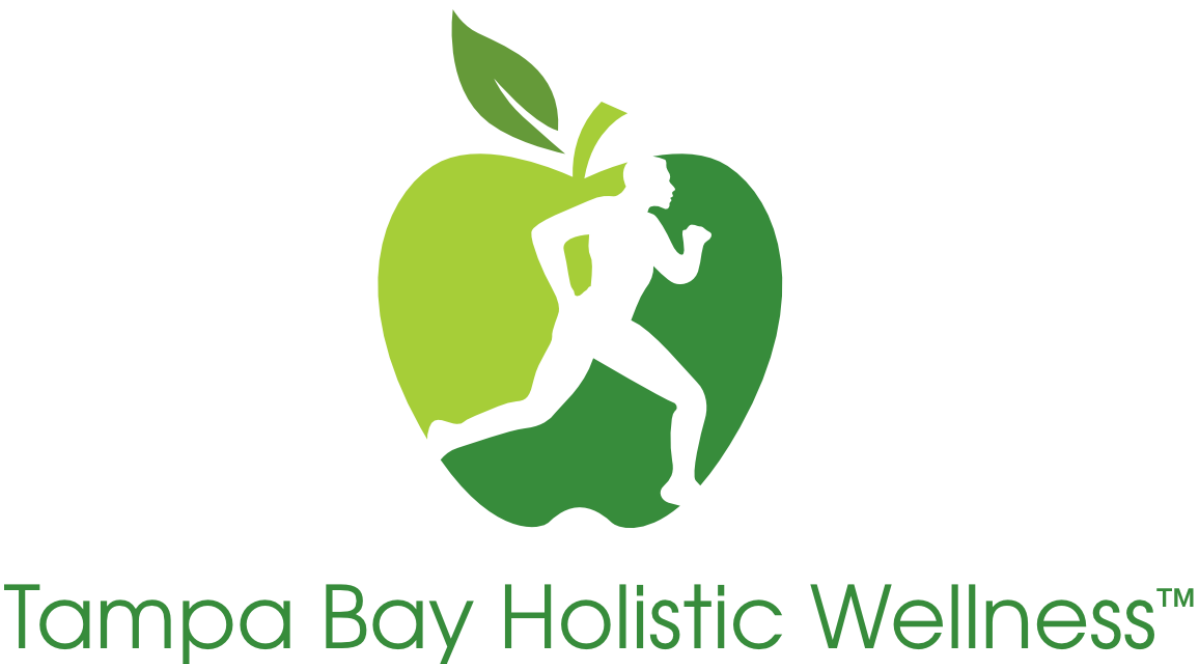Herbal Medicine
With Dr. Dawn Ann Molina, DAOM, LAc., MSc. Food Science
Appointments Available In Office or Video Telehealth
Herbal medicine is a foundational component of Traditional Chinese Medicine (TCM), a holistic system that has been practiced for over 2,000 years. In TCM, the focus is on restoring balance and harmony in the body by addressing the root causes of illness, rather than just alleviating symptoms. Herbal medicine is formulated from plants, minerals, and sometimes animal products. There are hundreds of herbs available in our apothecary commonly used to create herbal medicine prescriptions tailored to the individual’s unique condition.
One of the key benefits of using herbal medicine in TCM over modern pharmacology is its holistic approach to treatment. While pharmaceuticals often focus on targeting specific symptoms or pathways, herbal medicine aims to treat the body as a whole. This can lead to more comprehensive healing, as it works on balancing internal systems like digestion, energy flow (Qi), and immune function. Herbal formulations are often customized for the individual, which means they can be adjusted over time as the body heals and changes, ensuring a more personalized treatment approach.
Additionally, herbal medicine tends to have fewer side effects than modern drugs due to the combination of chemical compounds that moderate intense reactions. Pharmaceuticals are typically highly concentrated single compounds and designed to produce immediate effects, but this potency can sometimes lead to unwanted reactions or long-term dependency. Herbal medicine prescriptions are generally milder and work gradually, allowing the body to adjust and heal at a natural pace. This can be particularly beneficial for chronic conditions or for individuals who are sensitive to strong medications. However, it is important to note that herbal medicine, though natural, still requires professional guidance to ensure its safe and effective use.
According to the World Health Organization (WHO), approximately 80% of the global population uses traditional medicine, which includes herbal medicine as a key component. This widespread use is attributed to cultural preferences, accessibility, and affordability, especially in regions with limited access to modern healthcare facilities. For millions of people, particularly in remote or rural areas, traditional medicine remains the first choice for treating various ailments.
Traditional medicine, including herbal practices, is prevalent in regions like Africa and Asia, but interest in herbal treatments is growing in industrialized countries as well. For example, around 70% of physicians in Germany reportedly prescribe plant-based medicines, and nearly half of the population in the United States and France use some form of traditional or complementary medicine. This resurgence is likely driven by dissatisfaction with the cost of conventional pharmaceuticals and a desire for natural and organic options.
Dr. Dawn Ann Molina, DAOM is a board certified herbalist by the NCCAOM and has completed her medicinal plants certification with Cornell University. Dr. Molina uses a compounding pharmacy, Crane Herb Company, to compound her herbal prescriptions. This allows for her to provide personalized care for her patients, allowing her to customize herbal formulas based on individual health needs. Crane Herb Company offers only those products that meet their rigorous standards of testing and clinical effectiveness. All Crane Herb Company’s sources comply with FDA cGMP standards.
Schedule an Herbal Medicine appointment, in-person or virtual, for an Herbal Medicine consult or follow-up.





